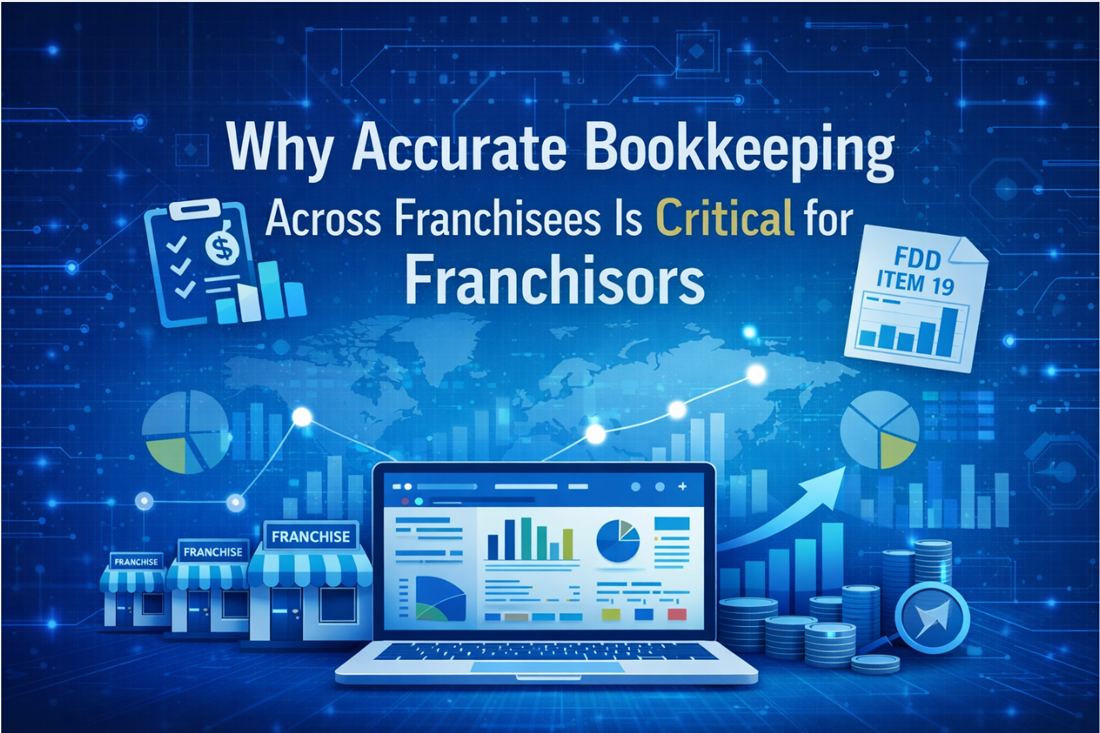As a small business owner, understanding that financial risk management is essential to ensure the long-term success and sustainability of the business well into the future is paramount. By understanding and actively mitigating financial risks, businesses can safeguard their assets, maintain stability during economic fluctuations, and seize growth opportunities. Examples of financial risks, such as economic downturns and unexpected customer behaviors, among many others, can be most detrimental to the operation of a small business if not managed accordingly. Other necessities of financial risk management for a small business include its broader view concerning the potential dangers it may face in operation, particularly the threat of economic uncertainty, market volatility, natural disasters, operational risks, and unpredicted changes in customer demand.
Business Risk Assessment
Building a successful small business requires strategic foresight and the ability to mitigate potential threats. This is where business risk assessment becomes crucial. It’s a comprehensive process that identifies, analyzes, and evaluates potential risks that could impact your financial stability and operational continuity.
This assessment goes beyond generic factors, delving into market trends, economic indicators, operational vulnerabilities, and external threats. By integrating this process into your financial risk management strategy, you gain valuable insights into the broader business environment and, more importantly, the unique risks specific to your company.
This proactive approach empowers you to fortify your business against the inherent uncertainties of the market. It’s the foundation for cultivating a robust risk management culture, leading to long-term stability and growth.
You can minimize potential financial disruptions by leveraging sound risk assessment principles and implementing effective risk management strategies. This allows you to navigate a dynamic business landscape confidently, build financial resilience, and achieve sustainable growth.
In essence, a proactive business risk assessment empowers you to take control of your future and steer your small business toward long-term success.
Small Business Risk Strategies
1. Diversification of Revenue Streams
Diversification of the revenue stream is one critical strategy a small business should pursue in financial risk management. Depending on one product or service is a great risk, as it may expose the business to great risks, market fluctuations, or changes in consumer demand. This could be further expanded by offering another or a new segment of customers. Business risk assessment and business risk strategies in place should include revenue diversification. This will go a long way to ensure these small enterprises enjoy financial stability and continuity.
2. Building Emergency Funds and Contingency Plans
Small business owners seeking to better their financial risk management would do well in that area to reach emergency funds and contingency plans. Reserving money to get through unexpected financial challenges while trying to hedge off the possibilities of incidents ranging from economic downturns to natural disasters is part and parcel of such a process. Consequently, having a clear contingency in place enables businesses to respond in the best and quickest way to minimize potential financial risks better. would be necessary to make a strong assessment of business risks and make strategies for small business risks, like making an emergency fund and making the contingency plan compulsory for small enterprises to strengthen their financial stability. By doing this, the small business owner would be better prepared for different financial risk possibilities and have a better resistance level in the changing business environment.
3. Strategic Financial Planning and Forecasting
Small businesses need to be strategic about their financial planning and forecasting. Proper planning and forecasting of small businesses can get huge benefits since this allows owners to project future cash flow and simultaneously make proactive decisions in managing financial challenges within robust business risk assessment and small business risk strategies. Moreover, effective financial planning will allow the business to allocate resources wisely, creating an approach toward prioritizing practical risk management initiatives. When these risk management small business strategies are integrated with the main financial planning process, the business may build more resiliency to deal with uncertainties more effectively and strategically. This will enable small businesses to lay a good foundation to strengthen their financial stability and develop their long-term success amidst the cutthroat business competition, thus emphasizing the needs of financial planning and forecasting for small business risk management.
4. Insurance and Risk Transfer
The other aspect of financial risk management for small businesses is suitable coverage through insurance. From the various types of property insurance to different liability covers and business interruption insurance, the purchase of appropriate types of insurance can be a major strategy for risk management. Small businesses can thus manage well by covering possible financial burdens through insurance they possess, per the identified risk profiles in business risk assessments and small business risk strategies. This will enable small business owners to strengthen their enterprises against unforeseen financial adversities through insurance and transfer incorporated as a tool for risk management strategies. Proactive management of potential risks in business with comprehensive insurance demonstrates how to apply the principles of financial risk management in reality—bringing back to life the potentialities of small businesses amid many uncertainties prevailing in the business environment.
Conclusion
Effective financial risk management for small businesses is an all-inclusive effort of business risk assessment that merges tailor-made risk management strategies. In their quest for long-term success, which significantly hinges on effective financial risk management, small business owners are bound to adapt to numerous potential threats by being proactive. By conducting effective business risk assessments, small enterprises can gain valuable insights and develop targeted risk management strategies that help strengthen the enterprise against uncertainties through resilience.









